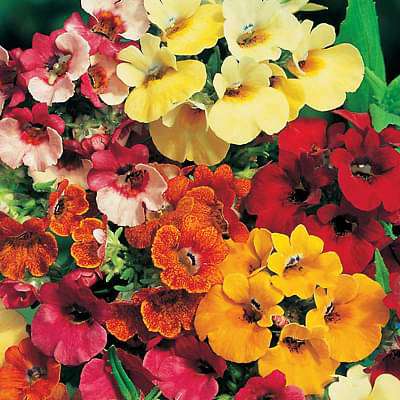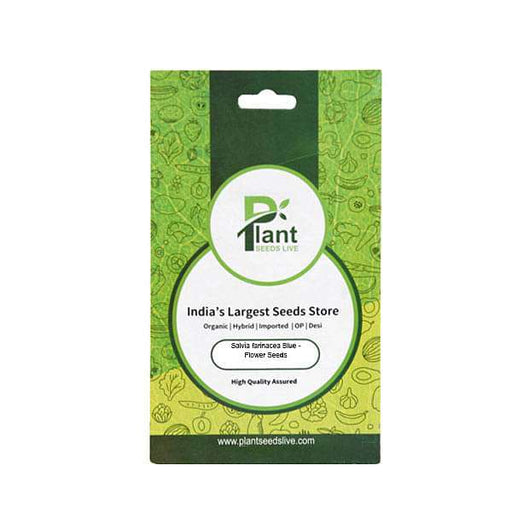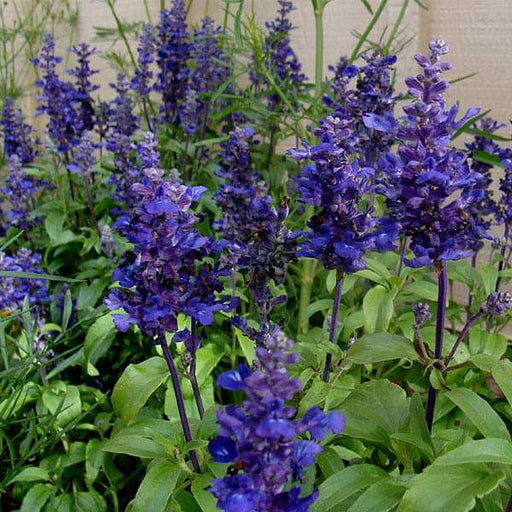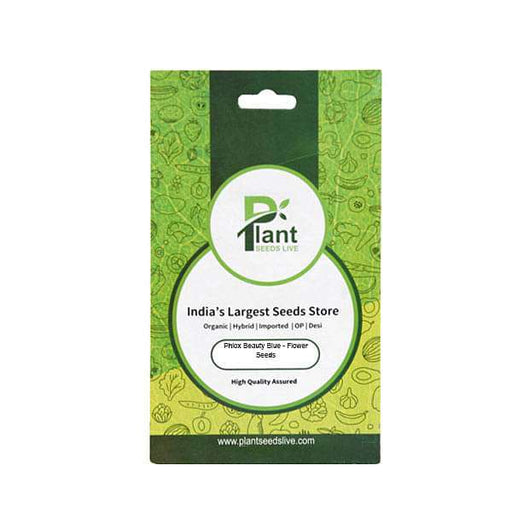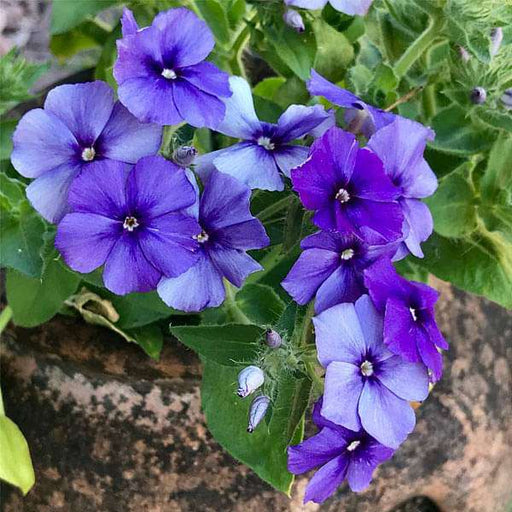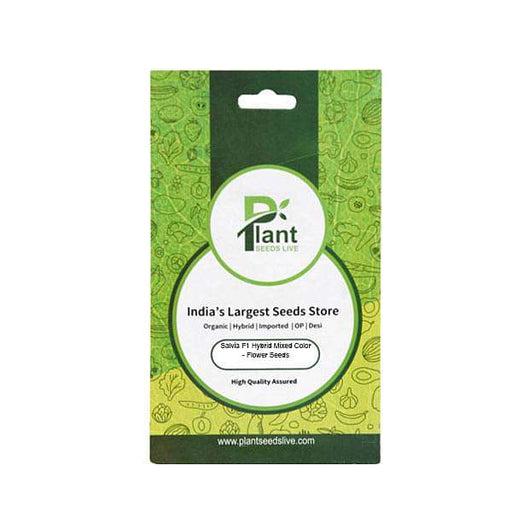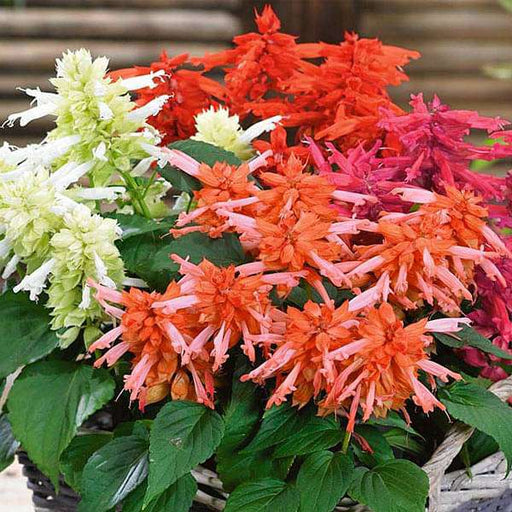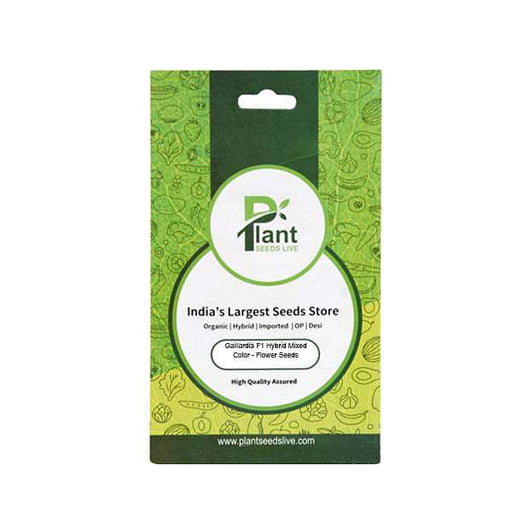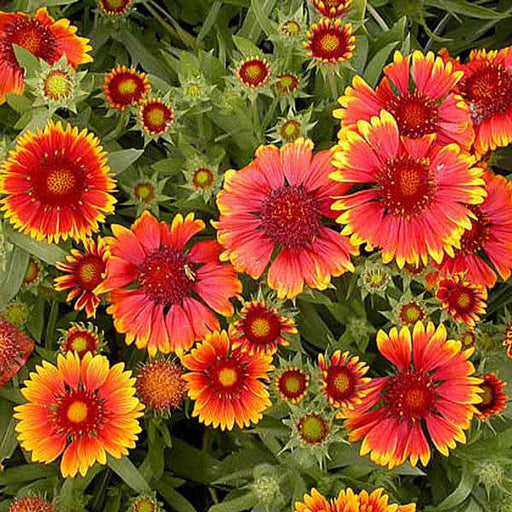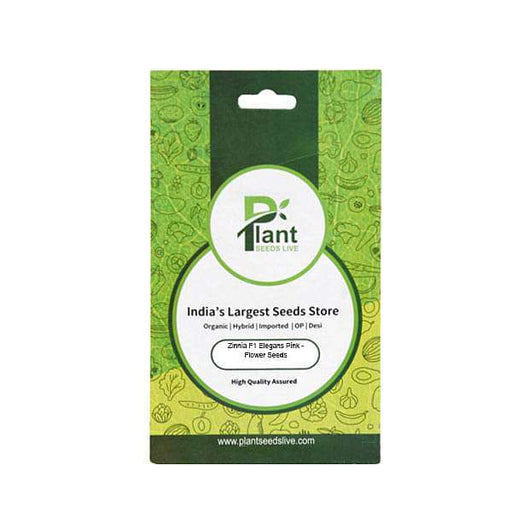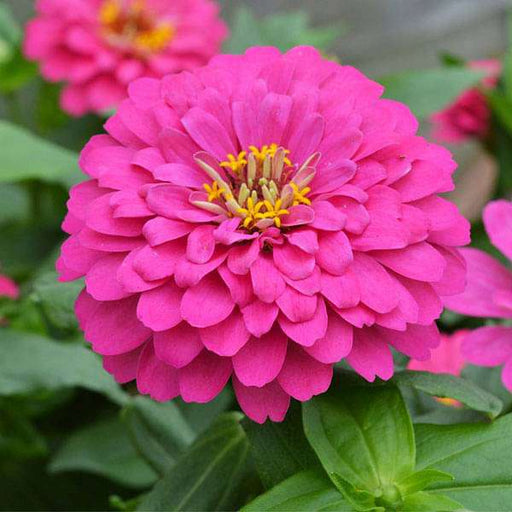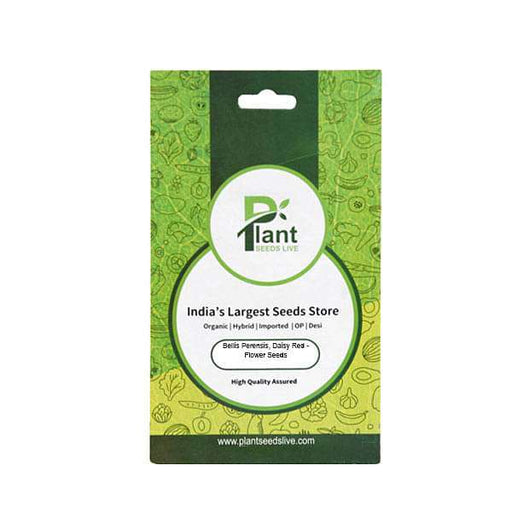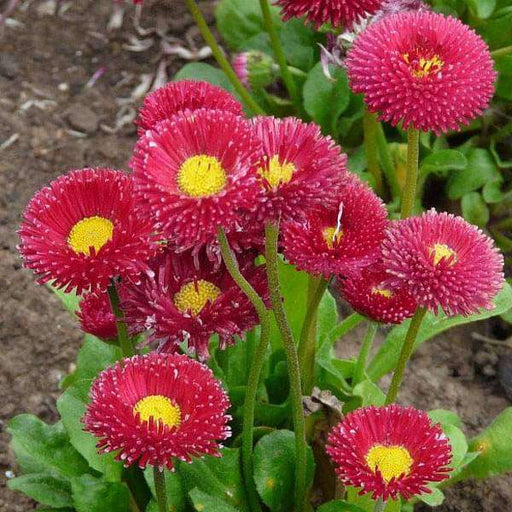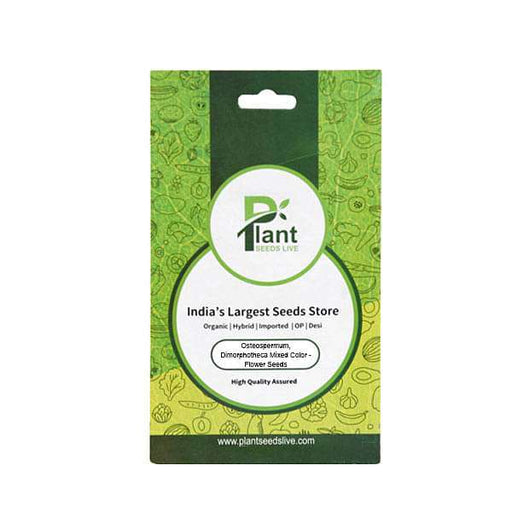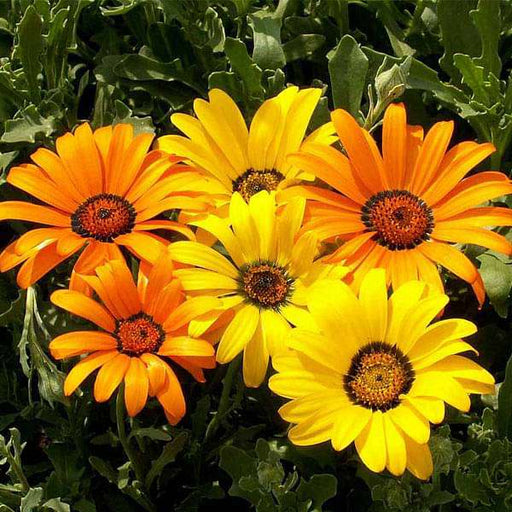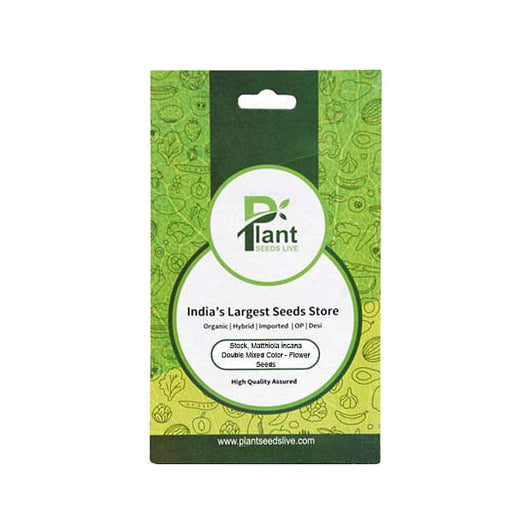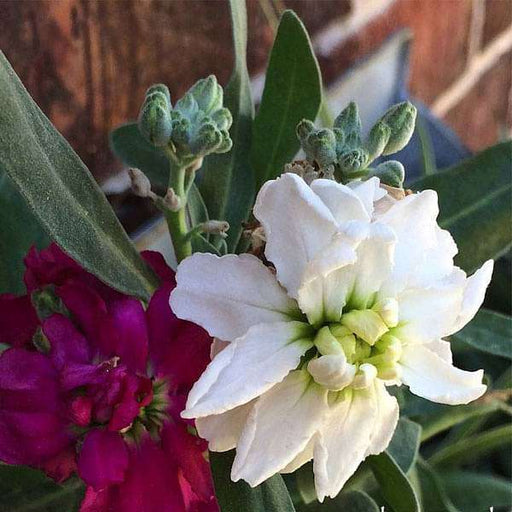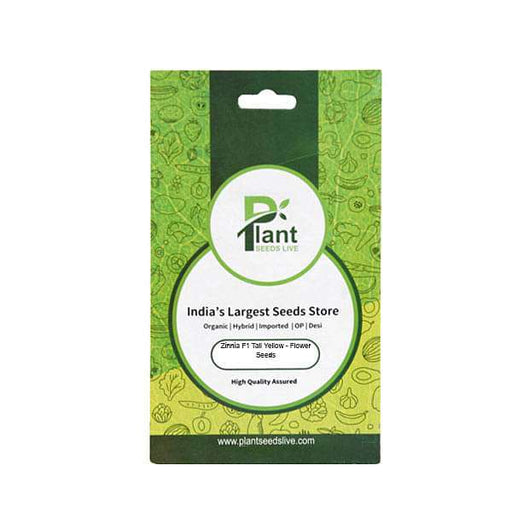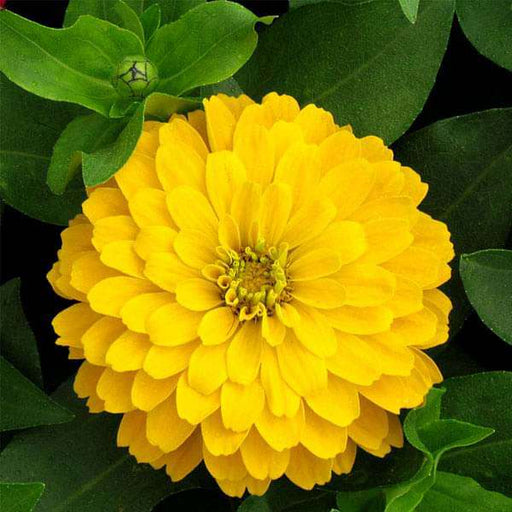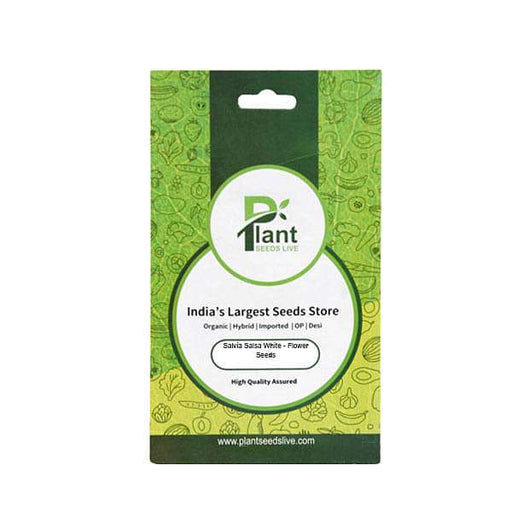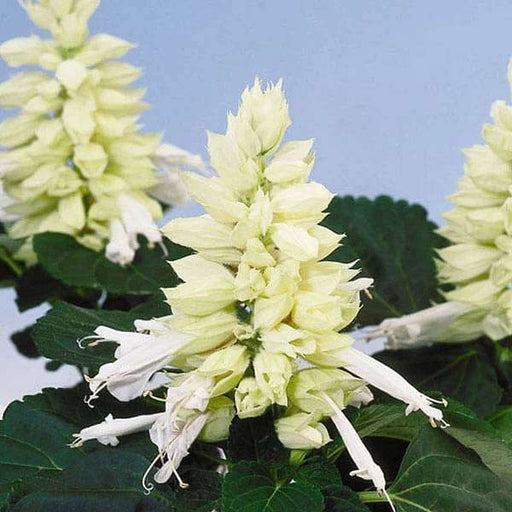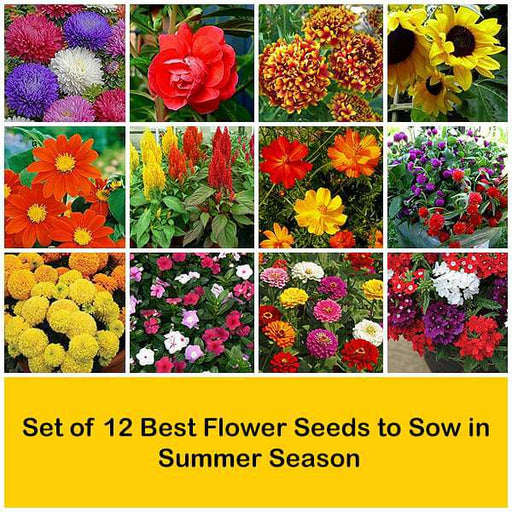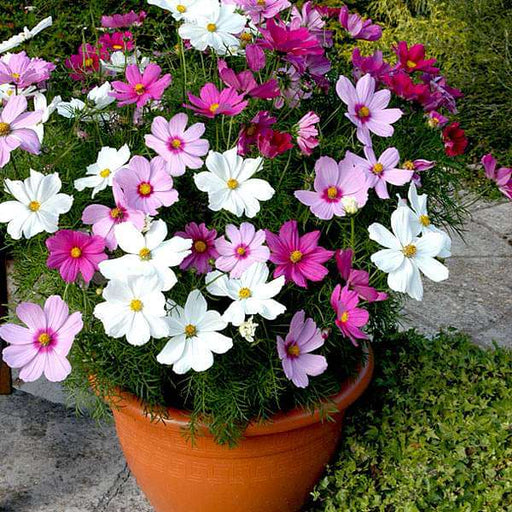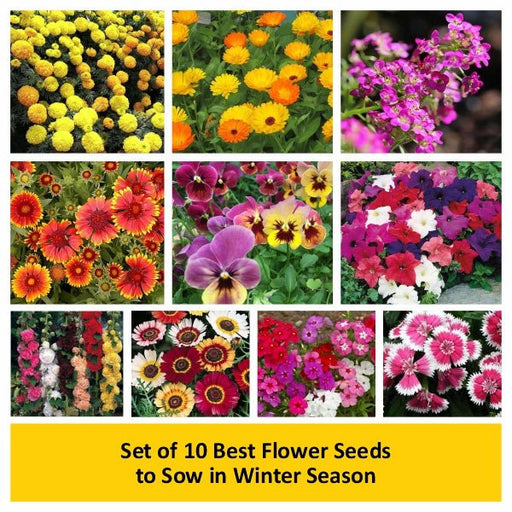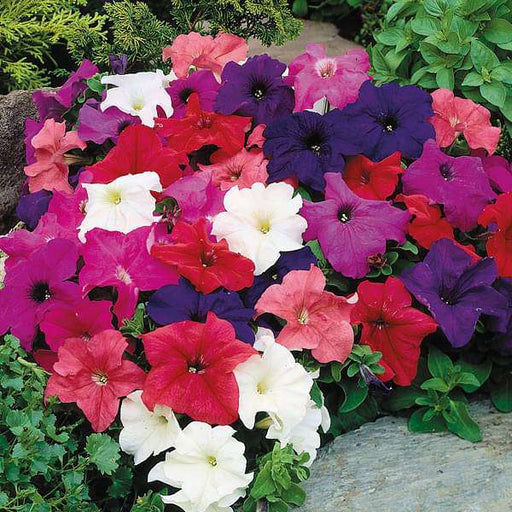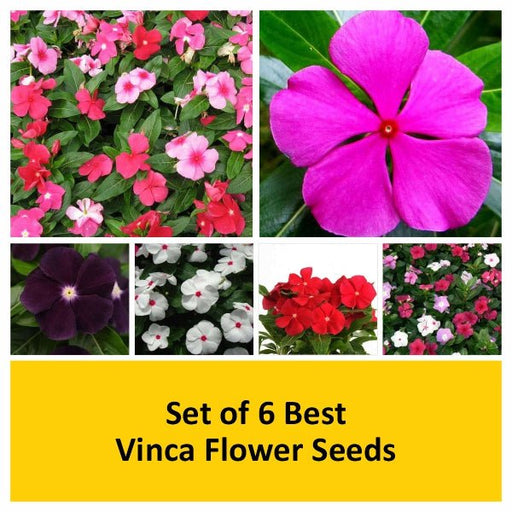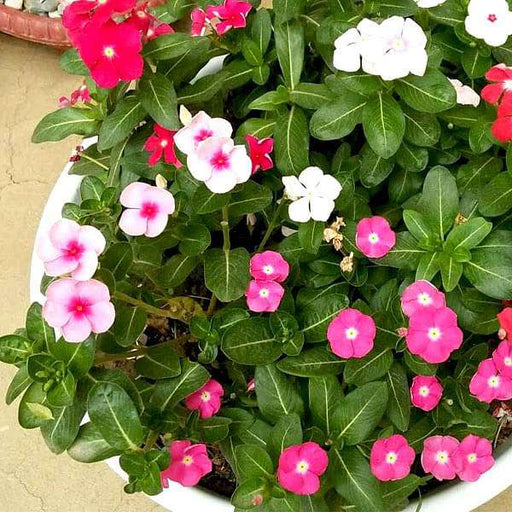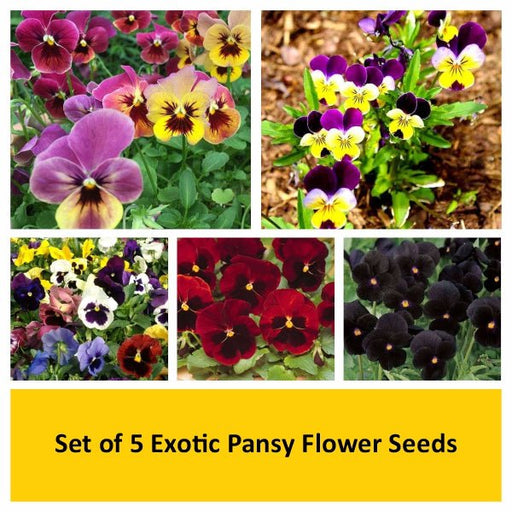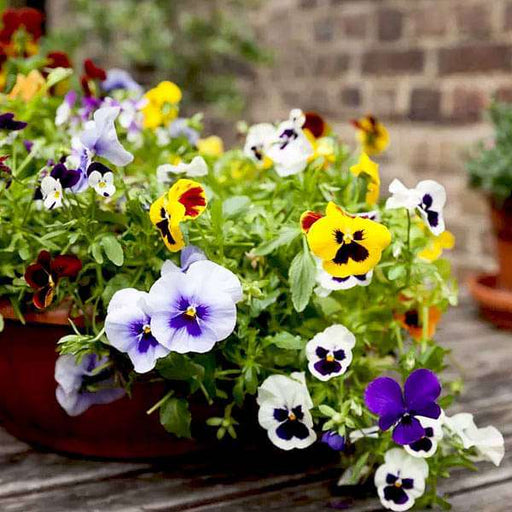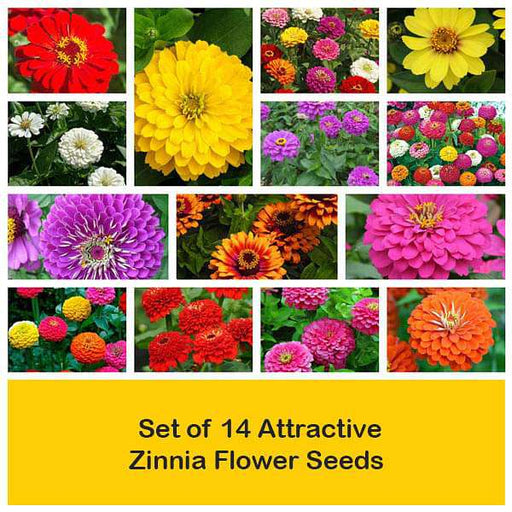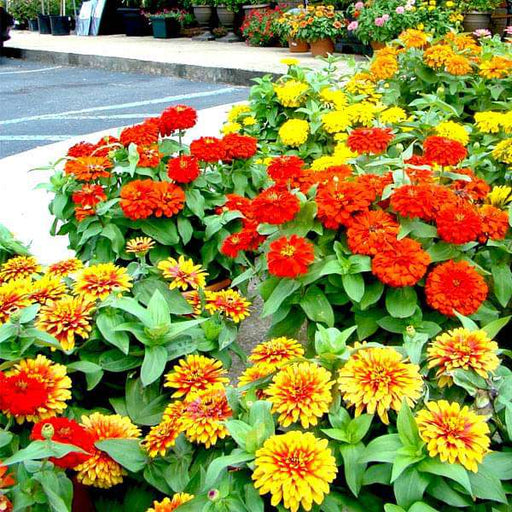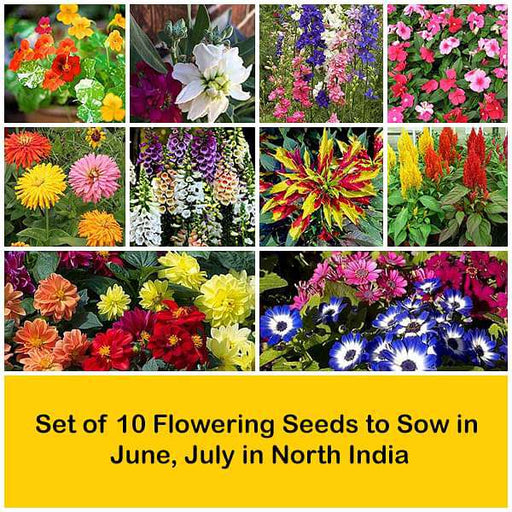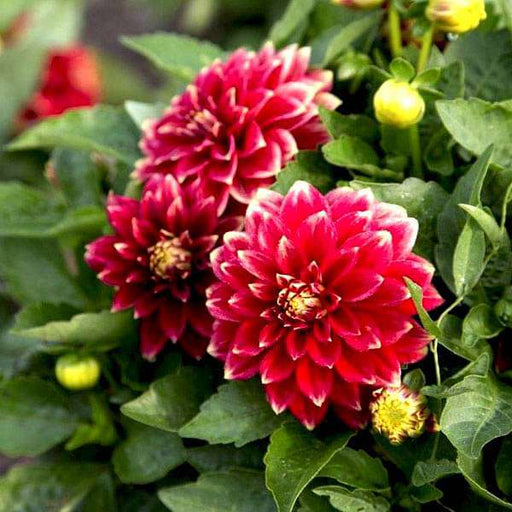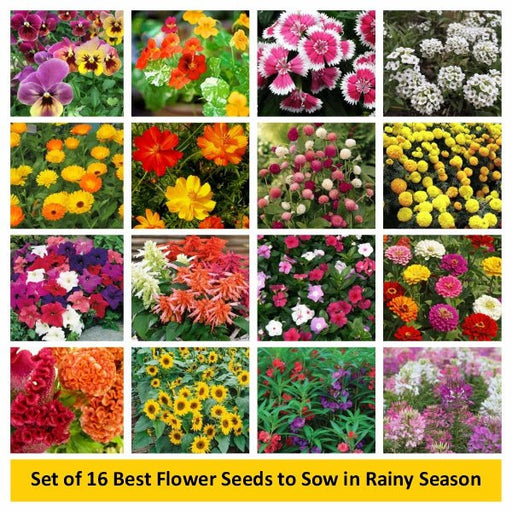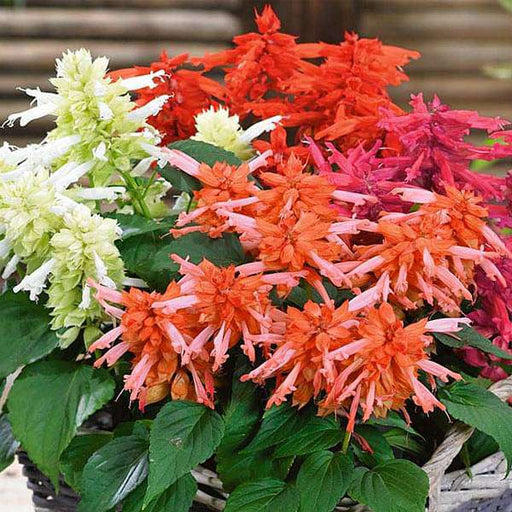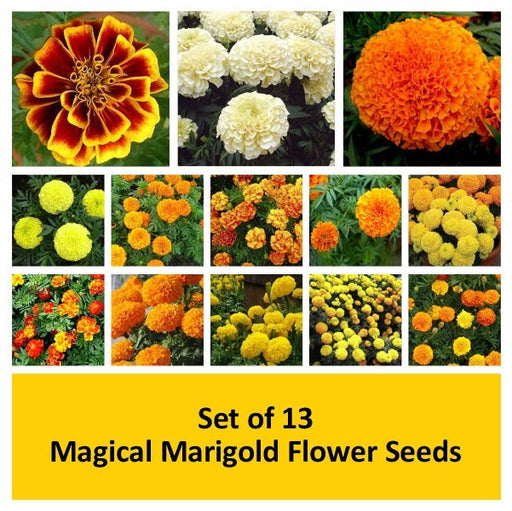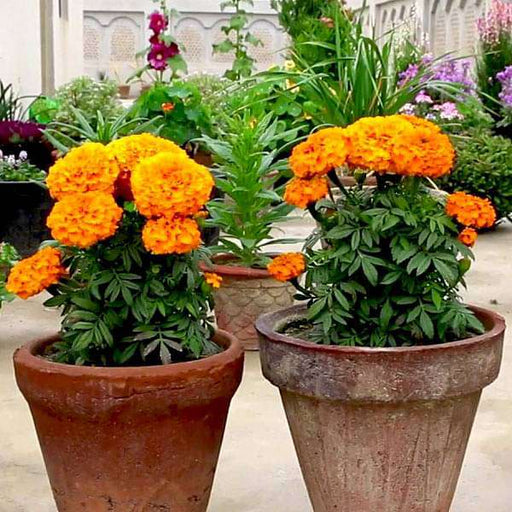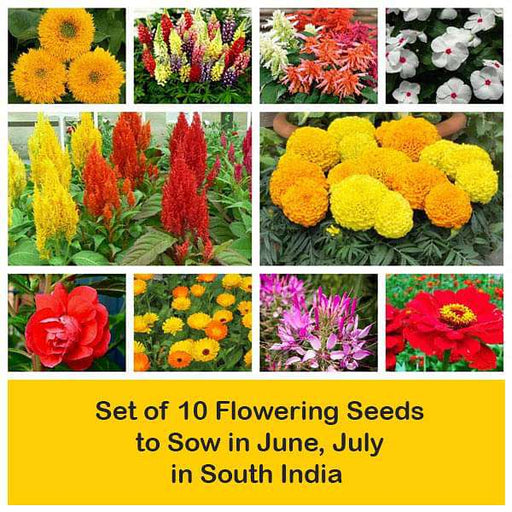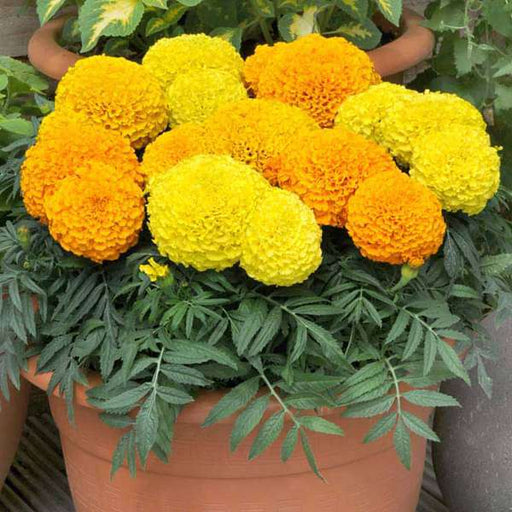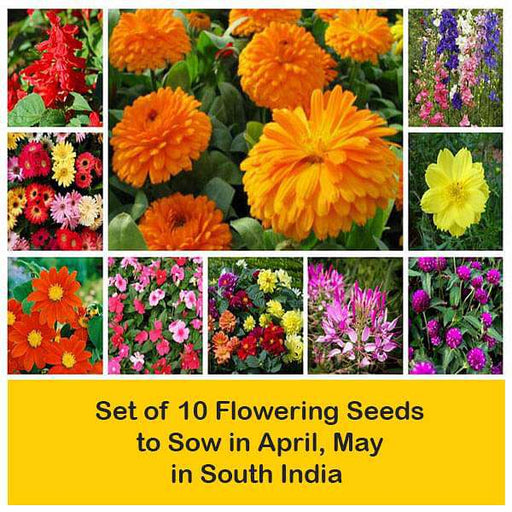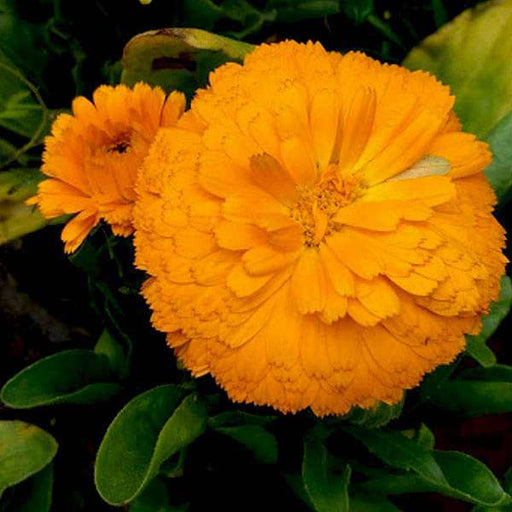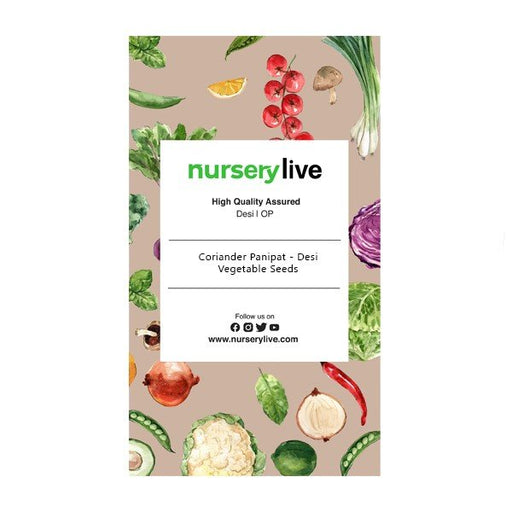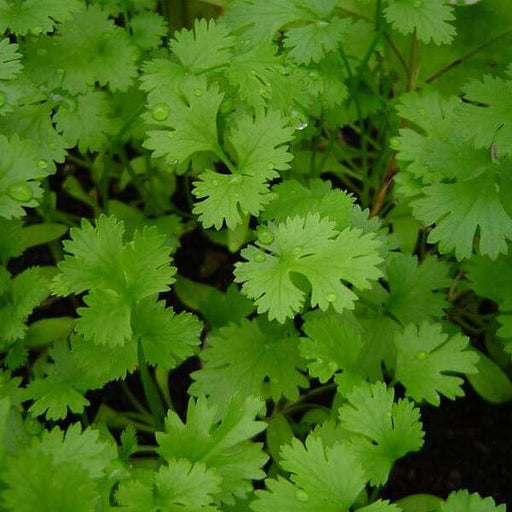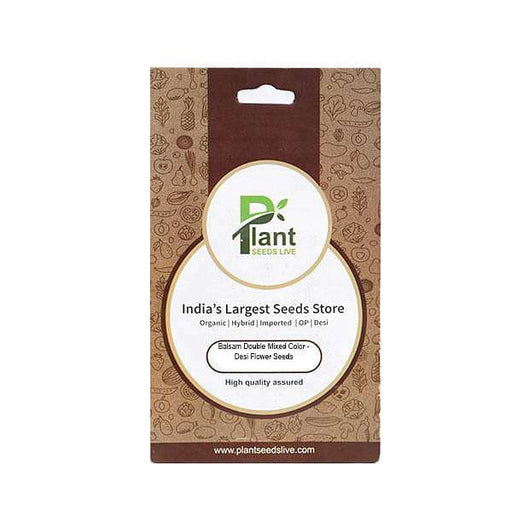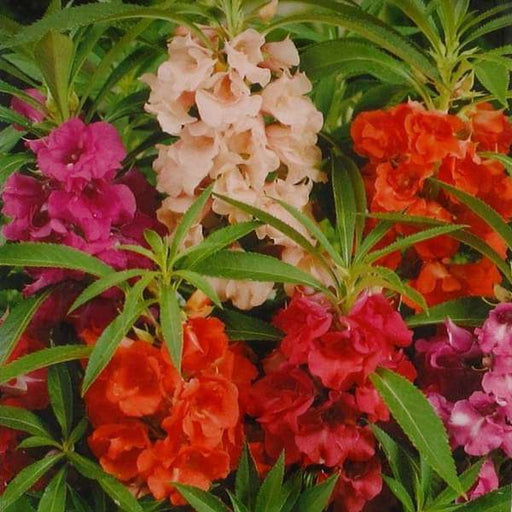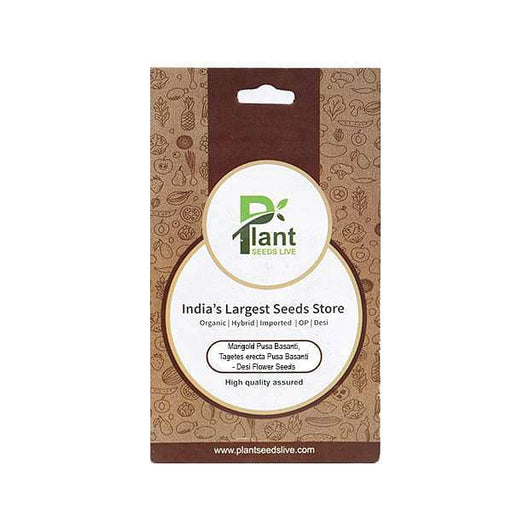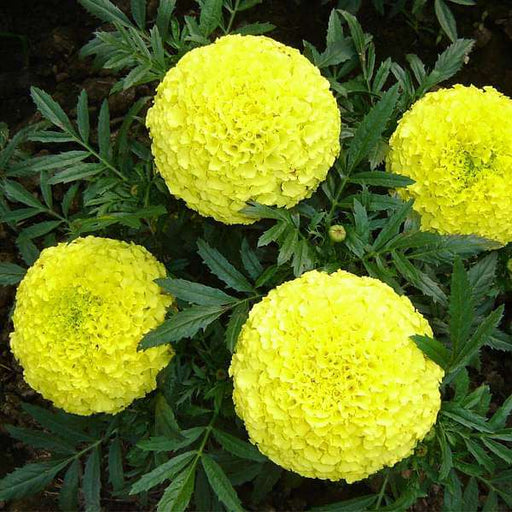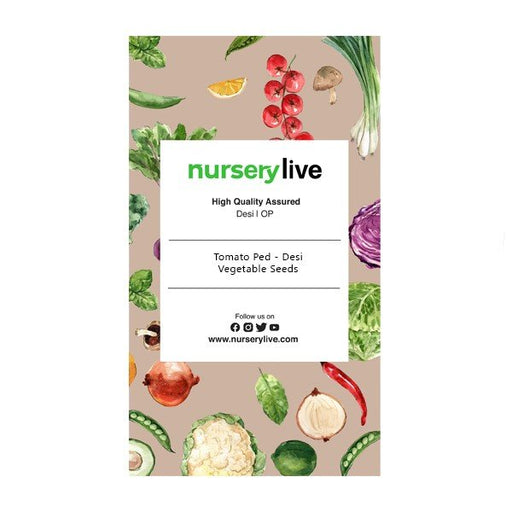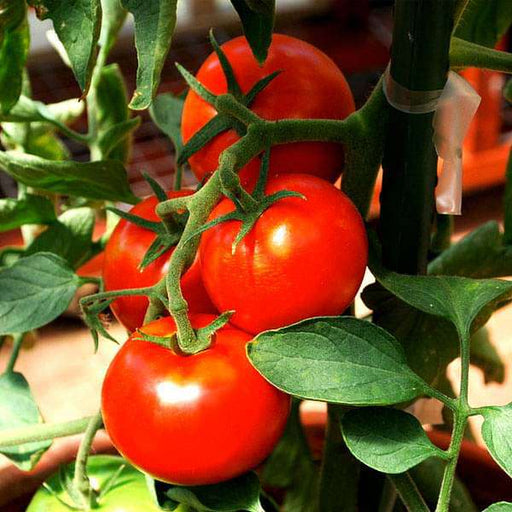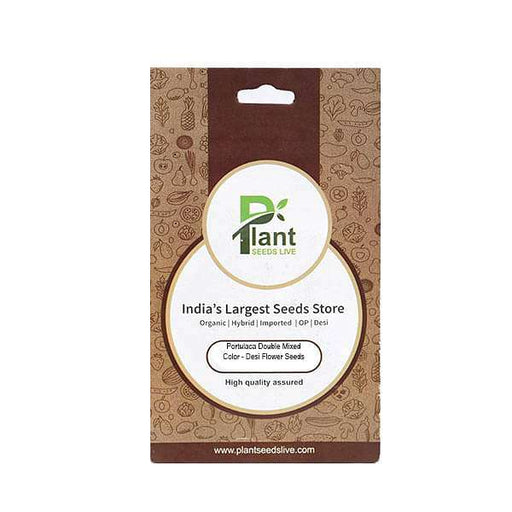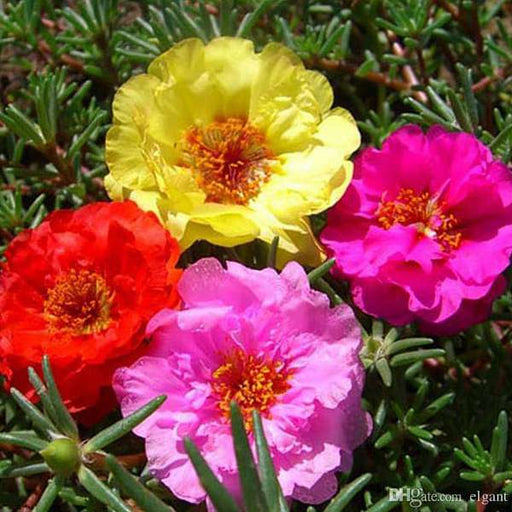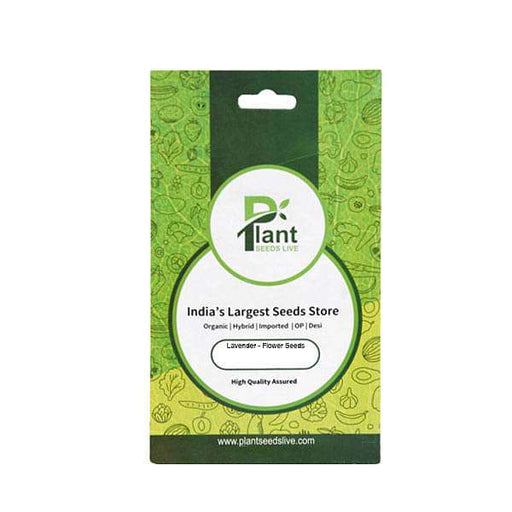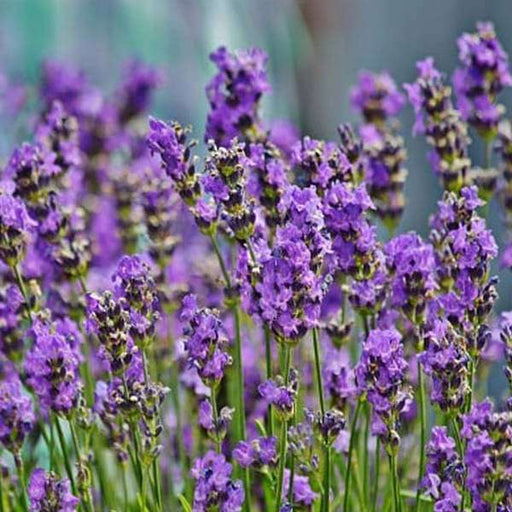Annual Flower Seeds
Annual flower seeds are the perfect choice for adding color and variety to your flower bed. These seeds will provide you with a beautiful and vibrant display of flowers for a single season. Make sure to choose the right annual flower seeds for your garden.
Perennial Flower Seeds
Perennial flower seeds are a great option for those who want to plant once and enjoy the flowers year after year. These seeds can be a bit more expensive than annuals, but they're worth it in the long run.
Shade-Tolerant Flower Seeds
If your flower bed is in a shady area, you'll need to choose shade-tolerant flower seeds. These seeds are specially designed to grow in areas with less sunlight and can help you create a beautiful garden even in the shade.
Sun-Loving Flower Seeds
If your flower bed gets plenty of sunlight, sun-loving flower seeds are the perfect choice. These seeds are designed to thrive in full sun and will provide you with a stunning display of flowers.
Wildflower Seeds
Wildflower seeds are a great option for those who want a more natural and relaxed look for their flower bed. These seeds will create a beautiful meadow-like effect and attract plenty of butterflies and bees.
Heirloom Flower Seeds
Heirloom flower seeds are seeds that have been passed down through generations of gardeners. These seeds are often more expensive than other seeds, but they're worth it for their unique and beautiful flowers.
Organic Flower Seeds
If you're concerned about the environment, organic flower seeds are the way to go. These seeds are grown without the use of harmful chemicals, making them a healthier choice for your garden.
Drought-Tolerant Flower Seeds
Drought-tolerant flower seeds are a great option for those who live in areas with little rainfall. These seeds are designed to survive in dry conditions and require less water than other flowers.
Edible Flower Seeds
Edible flower seeds are a great way to add some flavor and color to your dishes. These seeds can be used in salads, desserts, and even cocktails.
Butterfly Garden Flower Seeds
If you want to attract butterflies to your garden, butterfly garden flower seeds are the perfect choice. These seeds will provide the food and habitat that butterflies need to thrive.
Hummingbird Garden Flower Seeds
Hummingbirds are another beautiful addition to any garden. Hummingbird garden flower seeds are designed to attract these beautiful birds with their bright colors and sweet nectar.
Cut Flower Seeds
If you want to bring the beauty of your flower bed inside, cut flower seeds are a great option. These seeds will provide you with a beautiful display of flowers that you can cut and bring inside.
Cottage Garden Flower Seeds
Cottage garden flower seeds are perfect for those who want a more relaxed and natural look for their garden. These seeds will provide you with a beautiful display of flowers that will look great in any cottage-style home.
Low-Maintenance Flower Seeds
If you don't have a lot of time to spend on your garden, low-maintenance flower seeds are the way to go. These seeds require minimal care and will still provide you with a beautiful display of flowers.
Fragrant Flower Seeds
Fragrant flower seeds are a great option for those who want to add some beautiful scents to their garden. These seeds will provide you with a stunning display of flowers that smell amazing.
Cut-and-Come-Again Flower Seeds
Cut-and-come-again flower seeds are a great option for those who want a continuous display of flowers. These seeds will provide you with flowers that can be cut and will grow back again.
Easy-to-Grow Flower Seeds
If you're new to gardening or just want an easy option, easy-to-grow flower seeds are perfect for you. These seeds require minimal care and are perfect for beginners or those who want a low-maintenance garden.
Native Flower Seeds
Native flower seeds are a great option for those who want to create a garden that is in harmony with the local environment. These seeds will grow flowers that are native to your area and will provide important food and habitat for local wildlife.
Deer-Resistant Flower Seeds
If you live in an area with lots of deer, deer-resistant flower seeds are a must. These seeds will grow flowers that deer don't find appealing, ensuring that your garden stays intact.
Early Bloomer Flower Seeds
Early bloomer flower seeds are perfect for those who want to enjoy their flowers as soon as possible. These seeds will provide you with flowers that bloom early in the season, giving you a head start on your gardening.


